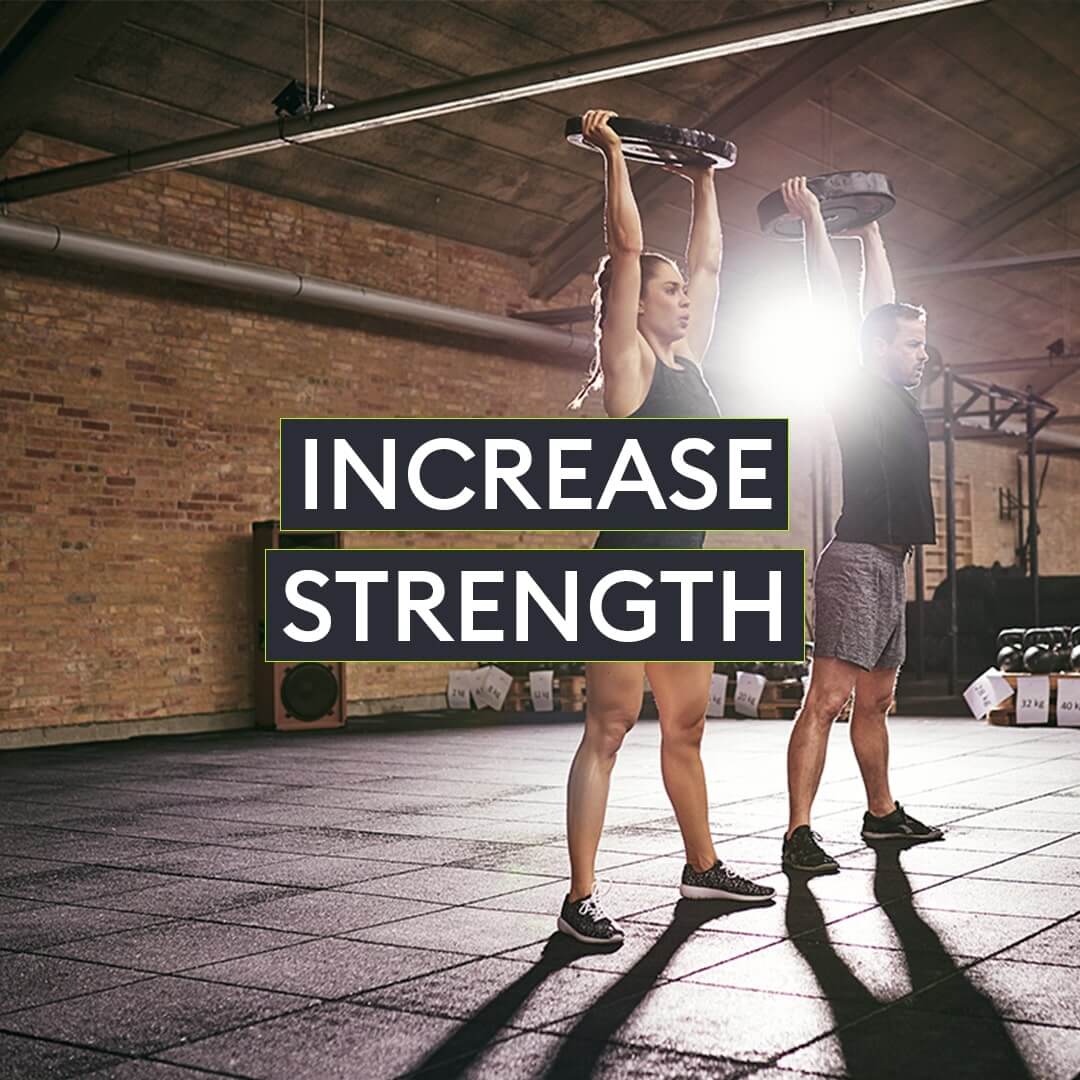The Hussle Blog
Corporate Wellbeing On A Budget: Practical Tips For SMEs
The reality of corporate wellbeing for SMEs isn’t simple. You care about your people, but you’re juggling a dozen responsibilities. Between hiring, retention, and rising costs, “wellness strategy”...
Supporting Employee Wellbeing Over the Festive Season: A Guide for Employers
The festive period can be fun, but it’s usually one of the most demanding phases of the year, both in and out of the workplace. Workloads may intensify just as the festive season gets busy – all...
How to Create a Gym Environment for Neurodivergent Members
You might not know how many neurodivergent people come to your gym, but they’re there. As a gym owner or operator, you have a huge opportunity to make your facility and membership journey more...
Diabetes and Wellbeing at Work: Why Every Employer Has a Role to Play
Each November, World Diabetes Day shines a spotlight on one of the world’s most widespread and misunderstood health conditions. This year’s theme, “Diabetes and the Workplace,” highlights a growing...
How to Make Your Employee Wellness Benefits Inclusive for Neurodivergent Employees
What Is Neurodivergence? Neurodivergence is an umbrella term that describes people whose brains process, learn, and behave differently from what’s considered “neurotypical.” Neurodivergence brings...
Celebrating Men of All Body Shapes for International Men’s Day
International Men’s Day falls on 19 November each year, giving us an opportunity to celebrate the men in our communities and raise awareness of men’s wellbeing. For the fitness industry, it’s also a...
National Cholesterol Month: Why Heart Health Should Be on Every Employer’s Agenda
Every October, National Cholesterol Month serves as a reminder that heart health is not just a personal issue; it’s a collective one. Led by HEART UK, the campaign raises awareness about the dangers...
Supporting employee wellness during Menopause Awareness Month
October is Menopause Awareness Month, and World Menopause Day on 18th October gives a focal point for conversations around a topic that will inevitably impact every workplace. The theme for...
How to attract and support gym members during Stoptober
Stoptober is the NHS campaign that encourages smokers to quit. It’s based on the thinking that is someone can stop for 28 days, they're five times more likely to quit for good. For gym owners,...















